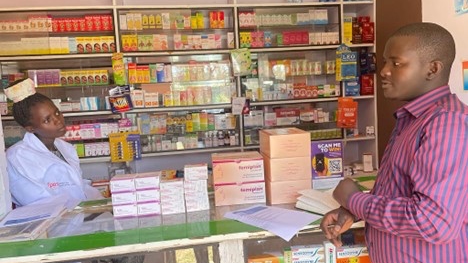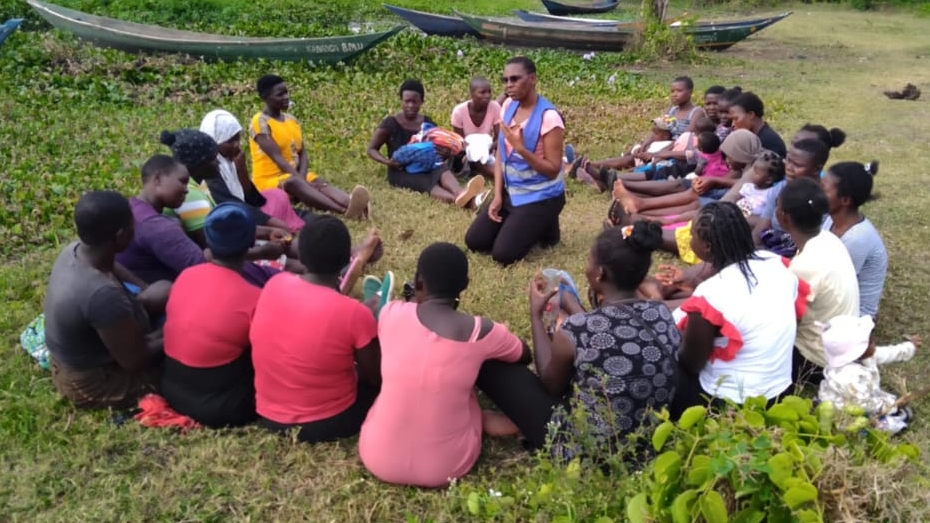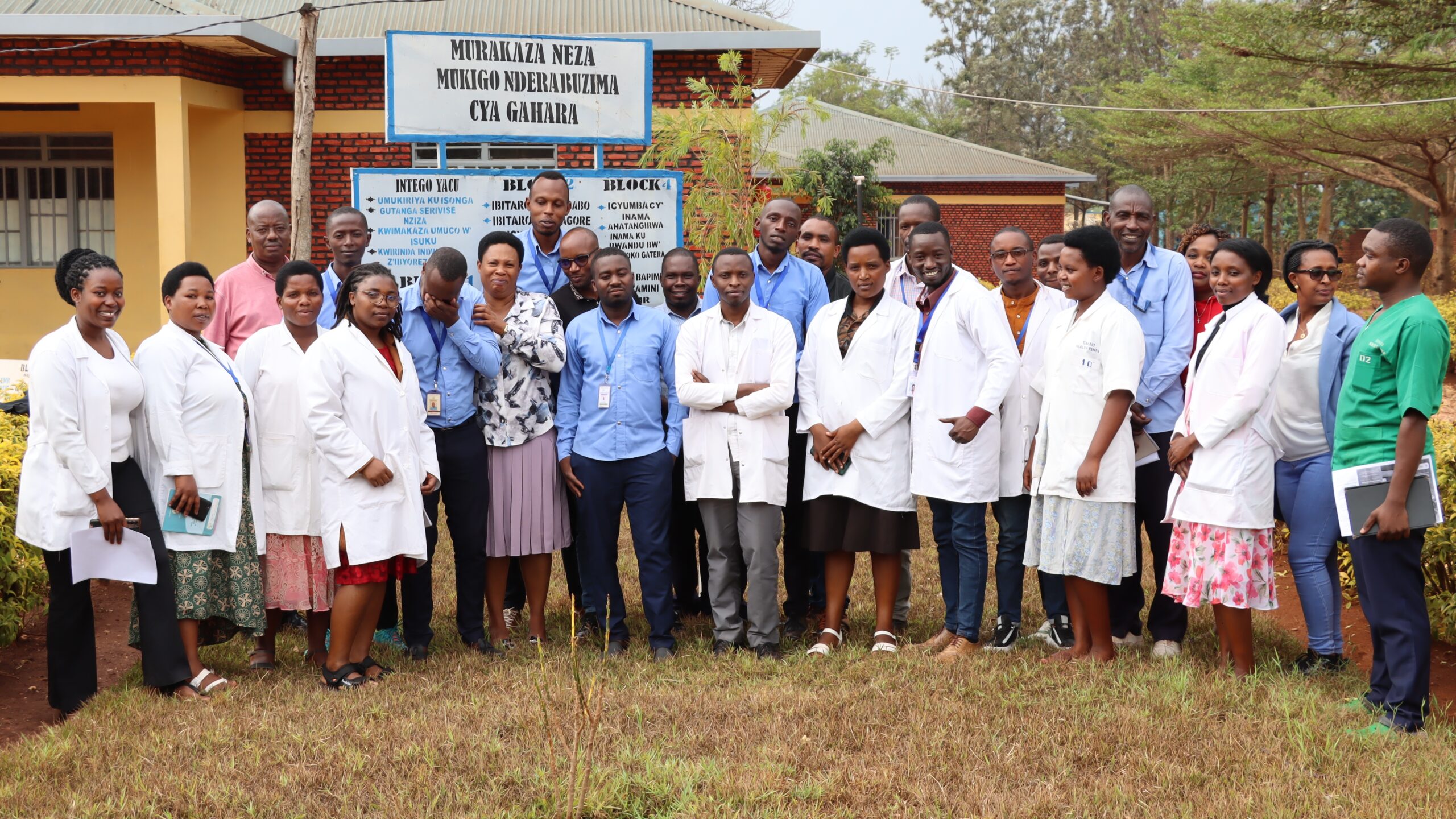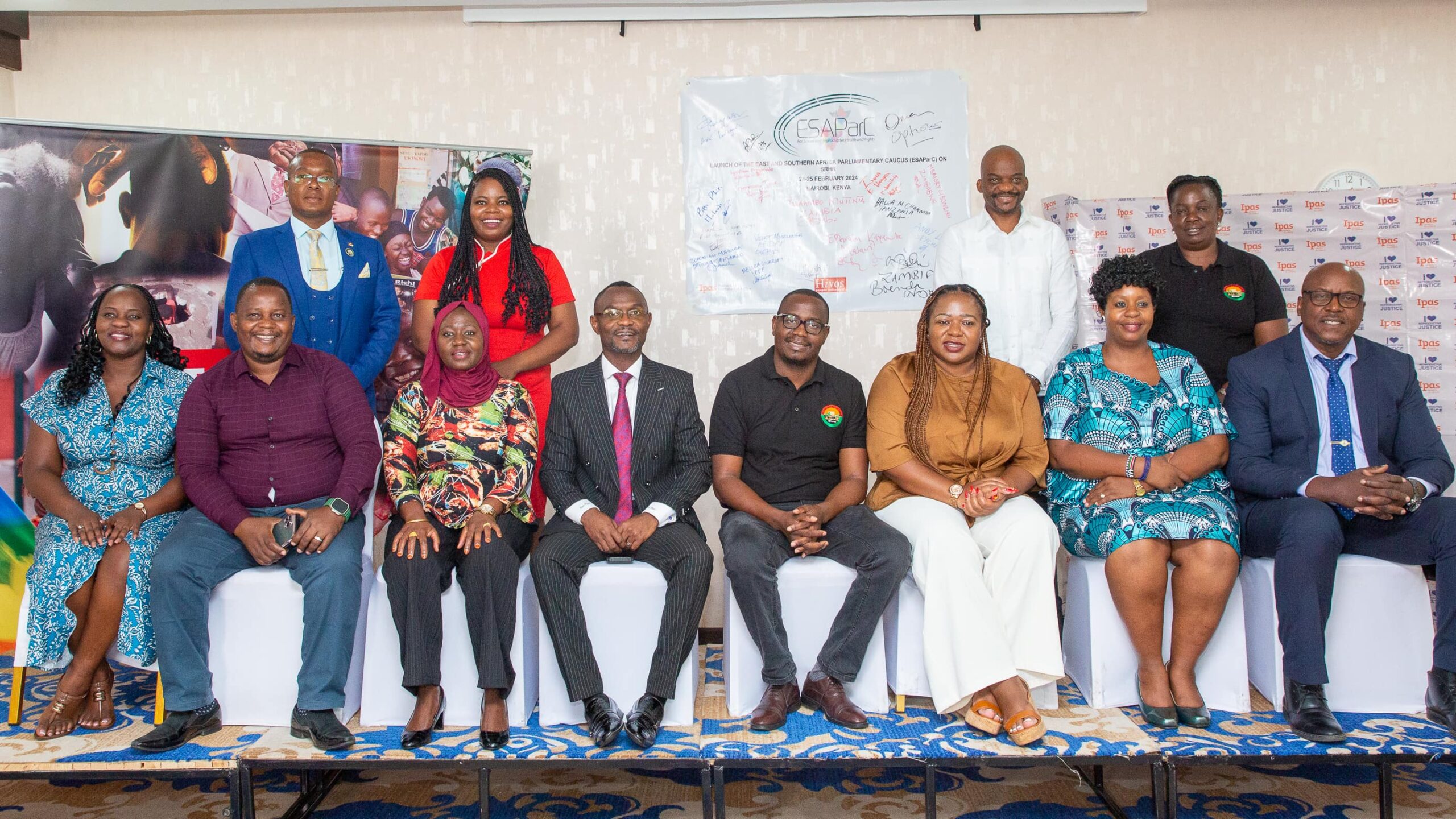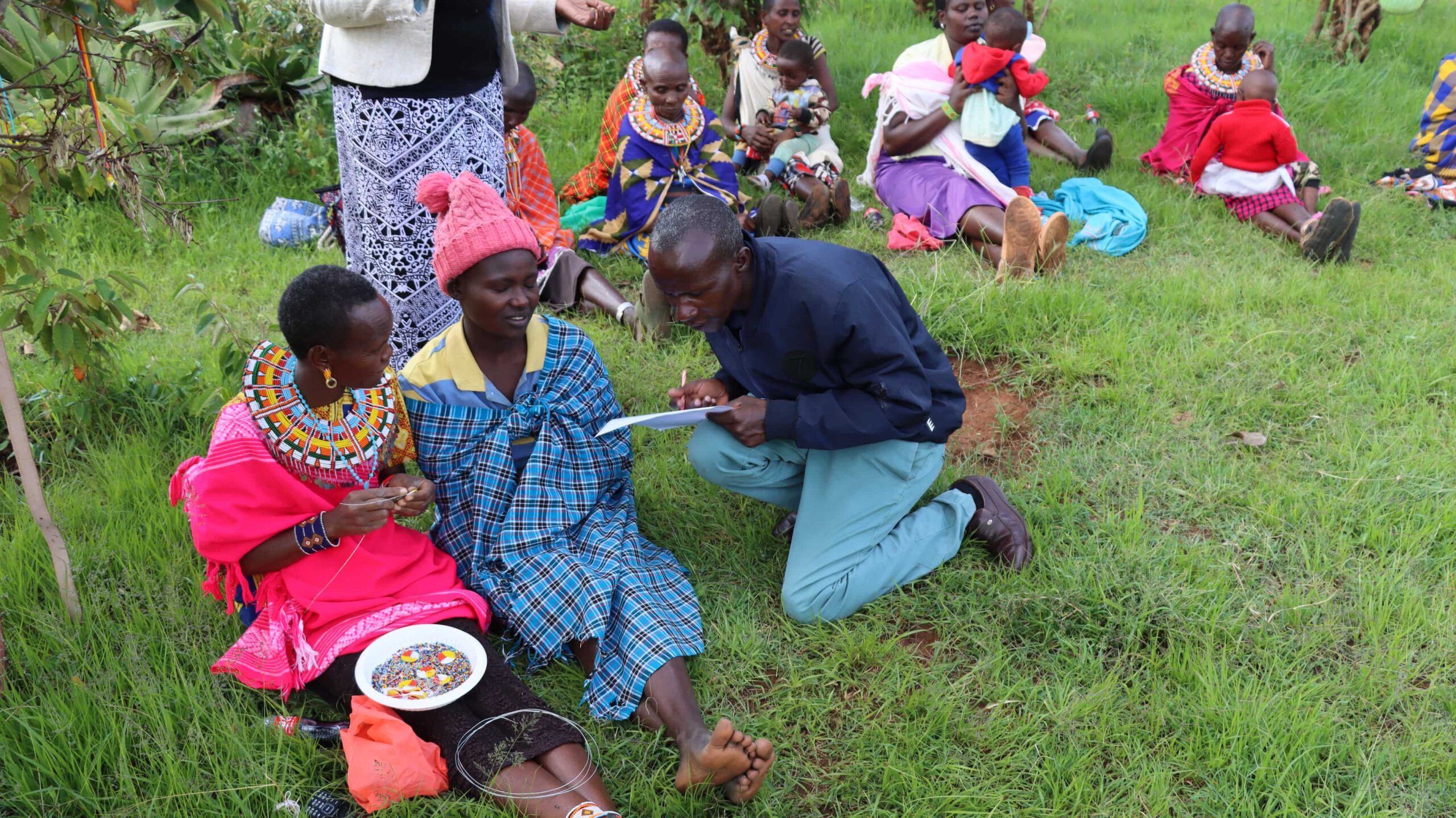Ipas was founded in 1973 in North Carolina in USA with the name of International Pregnancy Advisory Services, later changed to just the acronym, Ipas works globally to advance reproductive justice by expanding access to abortion and contraception.

Our Approach
When this work began in early 2000, few institutions and regional actors were paying sufficient attention to this urgent public health crisis. Bringing progressive policy change at the regional and national level is the result of various strategies that included ongoing documentation of the magnitude of unsafe abortion; identification and capacity building of advocates to speak publicly, and consistent engagement with these champions to increase awareness of unsafe abortion among policy makers. Also, key to the success of our regional policy work has been participating in influential spaces at the Africa Union and through the Regional economic blocs (RECs) and impacting negotiations that lead to decision making on women’s rights and public health.

Recognizing the intersectionality of sexual reproductive rights, Ipas Africa Alliance in 2022 expanded the organization’s shift toward reproductive justice. This update reflects Ipas’s ongoing effort to put power in the hands of the people closest to its work; the women and girls. Ipas recognizes that having the right to sexual and reproductive health services including contraceptives and safe abortion isn’t enough. People in Africa and around the world face economic, cultural, religious and systemic barriers that prevent them from accessing their rights. Reproductive justice is the human right to bodily autonomy—the right to control one’s own sexuality, gender, health and reproduction, and to do so safely and with dignity. The expansion to reproductive justice gives room for Ipas to work on reproductive health issues that can enhance the ecosystem of access to contraceptives and safe abortion. These intersectional issues include gender justice, comprehensive sexuality education (CSE), gender-based violence (GBV) and emerging areas such as climate change that affect sexual reproductive health.
In the period of 2023 – 2028 Ipas Africa Alliance will purpose to achieve it’s strategy towards a sustainable reproductive justice mechanism in Africa by implementing 3 main intermediate outcomes:
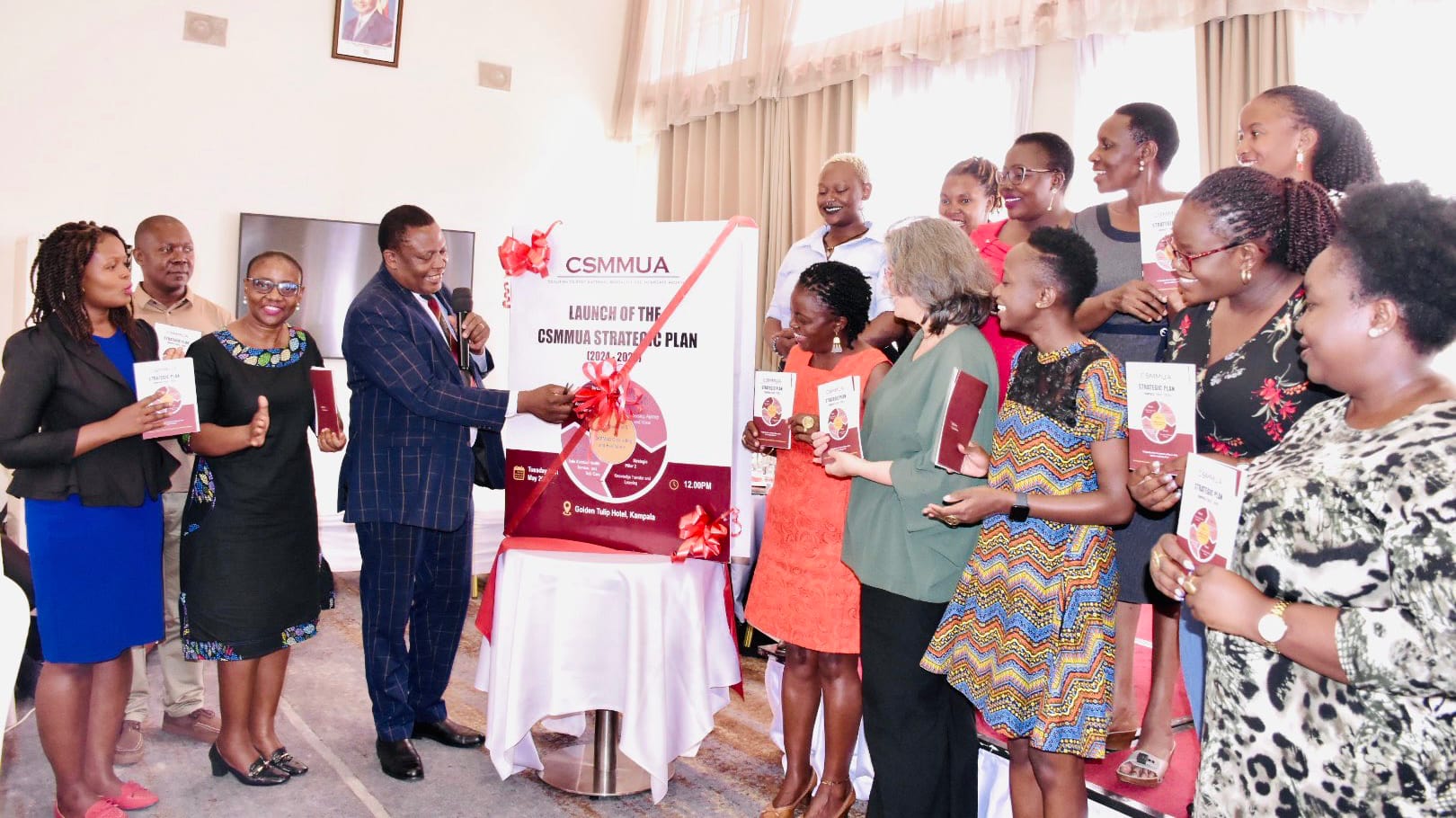
Improved legal framework and financing for reproductive justice in Africa
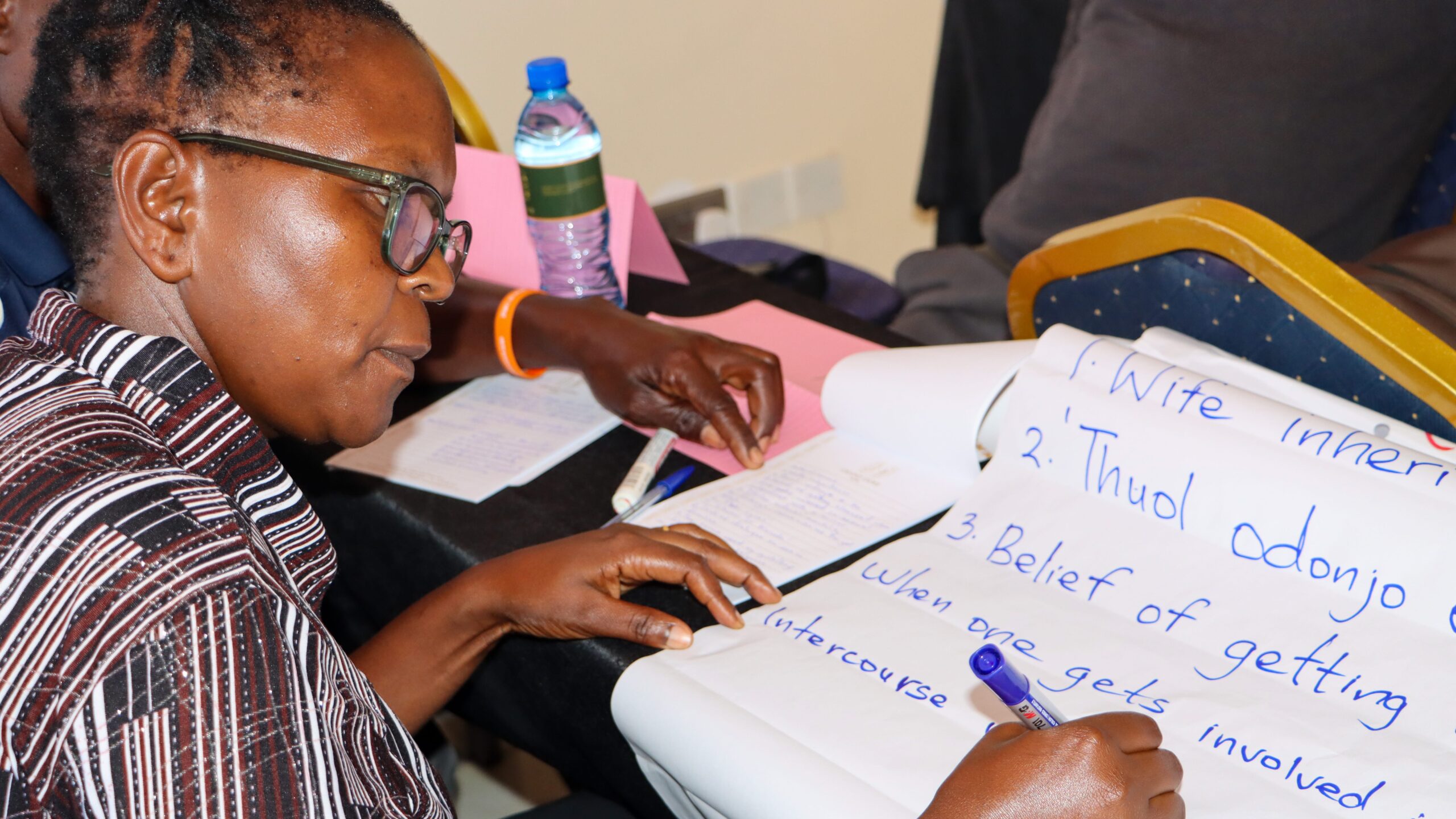
Enhanced agency and social norms towards reproductive justice in Africa
